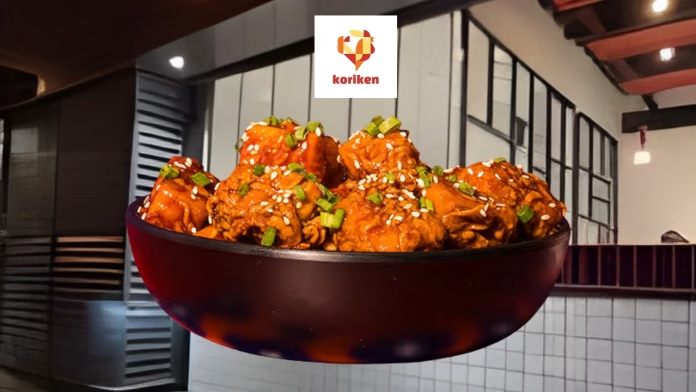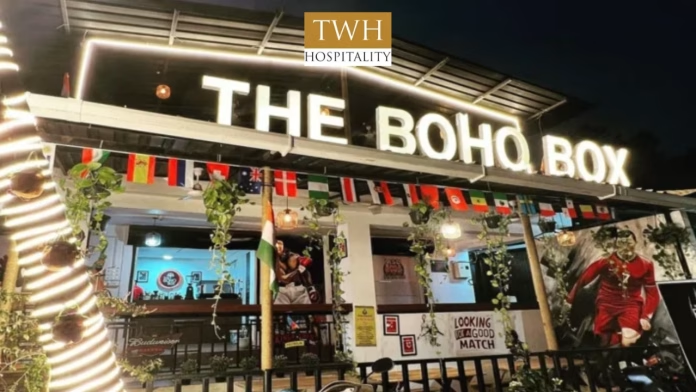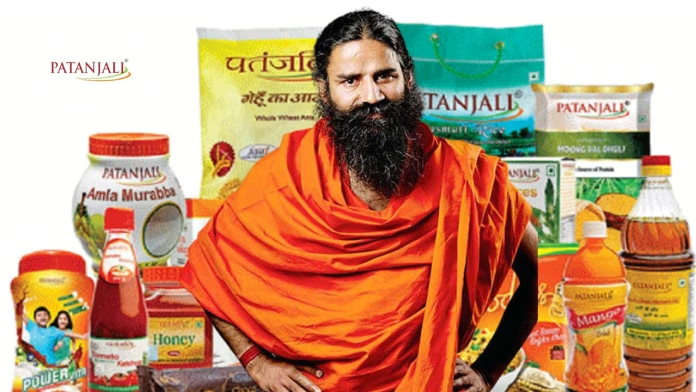Korean food has steadily been finding its way into the everyday choices of young Indians, and the latest funding news around Koriken shows just how quickly this trend is growing. The Bengaluru based startup has raised four crore rupees in a seed round led by Rukam Capital, a sign that investors clearly see strong potential in the brand’s quick service model and its early traction among students and young office goers.
Koriken started with a simple idea. Bring approachable Korean flavours to India without losing the charm of the cuisine. What began as a compact kitchen serving crowd favourites like Korean fried chicken, spicy rice bowls and comforting ramyeon has now caught the attention of customers in several cities. With the new infusion of capital, the company is preparing to scale its footprint and strengthen its back end so it can handle a larger volume of orders without compromising taste or consistency.
According to people tracking the sector, demand for Korean food has shot up over the last three years. The rise of K drama and K pop has created new curiosity around Korean culture. This has translated into a jump in food searches and frequent ordering of Korean meals on delivery apps. Koriken’s founders have openly stated that nearly seventy percent of their regular customers are under thirty years old, a detail that aligns well with the broader behaviour of this audience.
The fresh funds will help the team open more outlets, upgrade kitchen equipment and experiment with a wider menu. For a young food brand, this is a strong start. If Koriken continues to build on its early promise, it may soon become one of the more recognisable Korean inspired names in India’s rapidly expanding quick service restaurant space.










